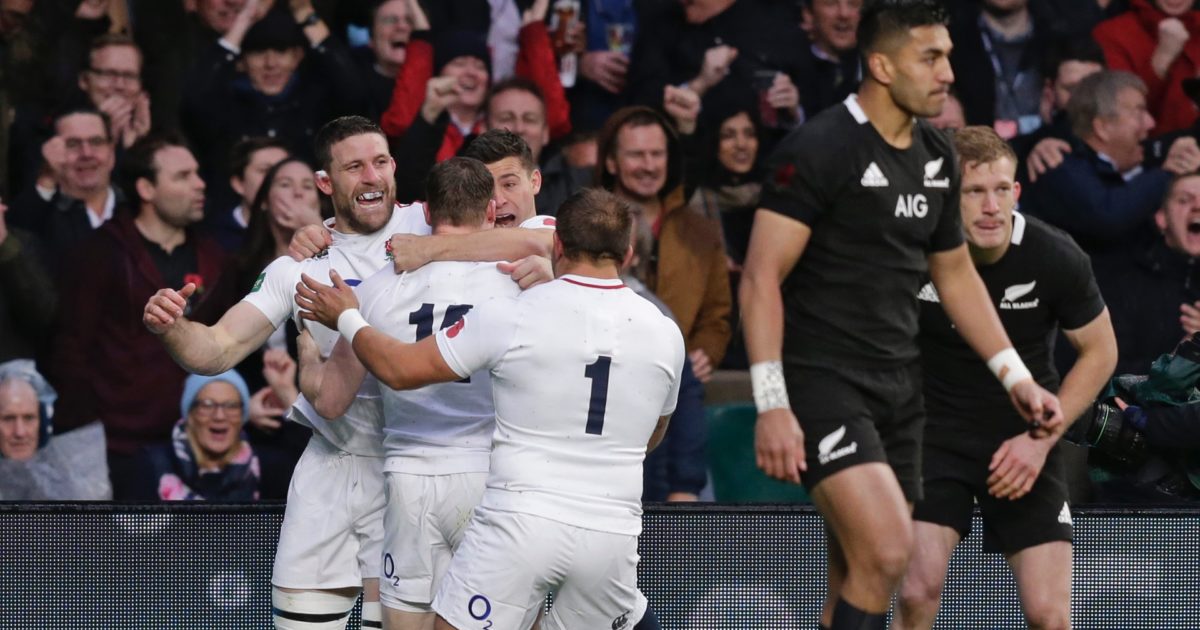May 2021 poised to be the date when World Rugby finally agrees on a lasting global calendar

A final blueprint on the global Test rugby calendar is now expected to go before World Rugby council in May 2021 following what administrators describe as recent constructive talks to fix the traditional differences in the sport north and south of the equator.
Test rugby hasn’t been played since last March following the outbreak of the coronavirus pandemic, but games will recommence this month with the Bledisloe Cup scheduled in the southern hemisphere and the completion of the delayed 2020 Six Nations pencilled in up north.
There had been much discussion in the past during the initial World Rugby chairmanship of Bill Beaumont about bringing about a global calendar schedule where the Test rugby needs on both sides of the equator were aligned.
With the former England skipper now re-elected for another four years last May, this year’s stoppage has afforded ample time to formulate a better solution and World Rugby now hopes a decision is now just seven months away from being ratified.
A World Rugby statement read: “Discussions regarding the future international rugby calendar continue in a positive and consultative manner with representatives from World Rugby, unions, international and domestic competitions, and International Rugby Players committed in their approach to exploring and determining a solution that will optimise outcomes for all.
We are excited to announce that Societe Generale has renewed its long-standing worldwide partnership of Rugby World Cup for the 2023 event in France #RWC2023 @SocieteGenerale pic.twitter.com/gNOu9TPfxB
— World Rugby (@WorldRugby) October 6, 2020
“Three dedicated working groups – competition format, player welfare and financial impact evaluation – have been meeting regularly to determine key considerations and make recommendations to the World Rugby Council following consultation.
“These groups, which feature player, international competition and professional club league representation, are examining both the optimisation of the current July and November international windows and the comparative merits of a combined October/November window.
“This work is being undertaken collaboratively and supported by an independent and objective financial assessment undertaken by Deloitte.
“With strong progress achieved to date, all parties are provisionally working towards a recommendation on the future of the international rugby calendar being made to the World Rugby Council at its May 2021 meeting.”
https://twitter.com/RugbyPass/status/1313499057847926786?ref_src=twsrc%5Egoogle%7Ctwcamp%5Eserp%7Ctwgr%5Etweet










































































